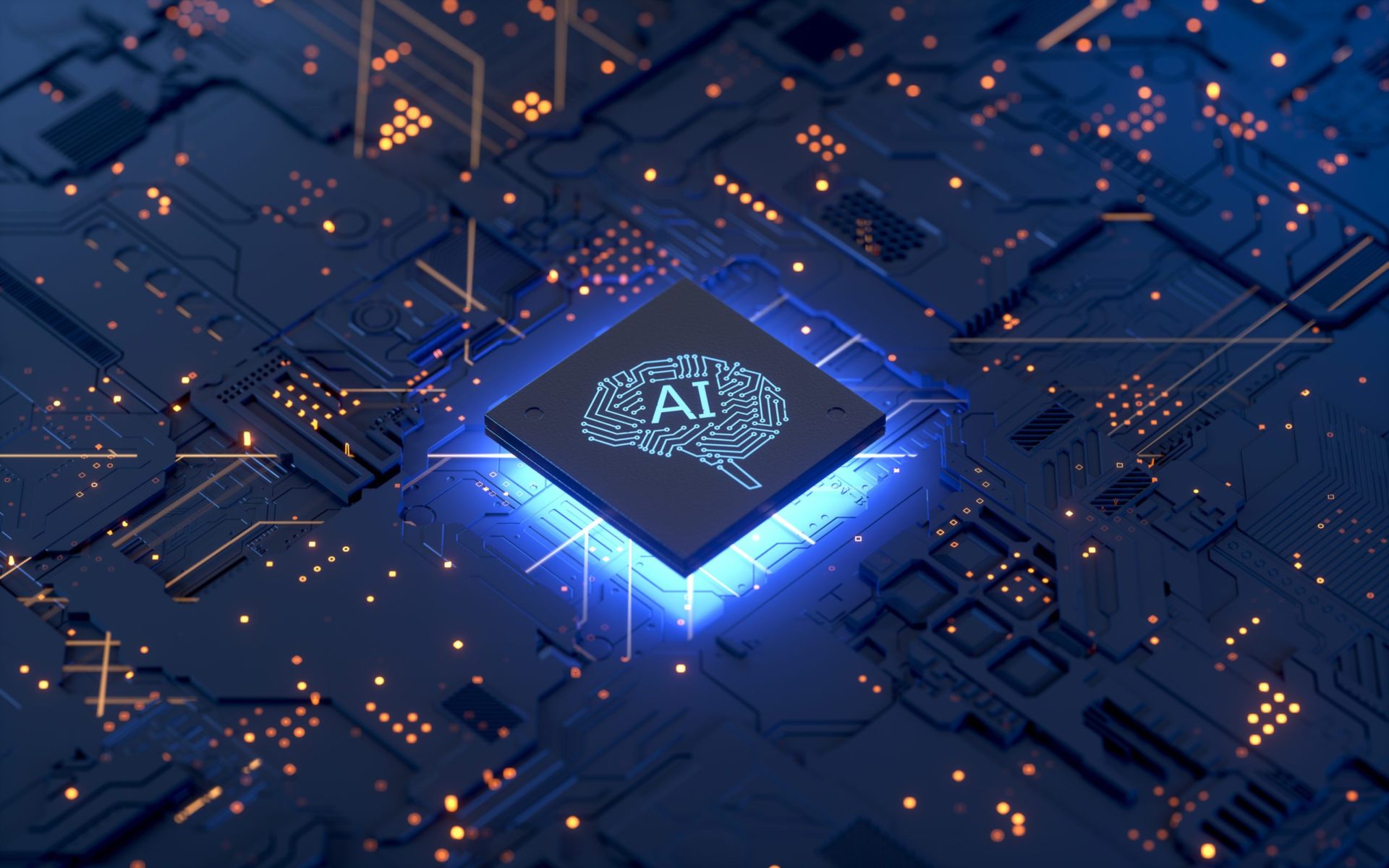
Organizations across industries are turning to artificial intelligence (AI) in cybersecurity to protect their networks and relieve often understaffed IT and security operations centers (SOCs).
AI cybersecurity can provide network security from various angles, including:
- Application security
- Cloud security
- Endpoint security
- Overall network security
- Network traffic analysis (NTA)
- As a component of security incident and event management (SIEM) platforms
This review of the AI in cybersecurity provides information about the state of the market, key growth drivers, the primary industries utilizing it, regional impacts, leading AI cybersecurity vendors, and typical use cases.
AI in cybersecurity today
Markets and Markets estimates the AI cybersecurity market will reach $38.2 billion by 2026, up from $8.8 billion in 2019 — a CAGR of 23.3%.
Typical software offerings in the AI cybersecurity market include various features and options related to AI-based network monitoring, including application program interfaces (API) for language, speech, vision, and sensor data and machine learning (ML) algorithms.
Key growth drivers
Notable growth drivers in the AI cybersecurity market include the widespread increase in the adoption of Internet of Things (IoT), growth in the number of connected devices and increased awareness about the vulnerabilities inherent to Wi-Fi networks.
As more organizations venture into the cloud computing realm, AI cybersecurity that functions within these environments will begin to take over more of the AI cybersecurity market share. Market and Markets also points to increased social media use for business functions as a prominent growth driver in this field.
Primary industries
AI cybersecurity usage is widespread, but a few prominent industries using this technology include:
- IT services
- Banking, financial services, and insurance (BFSI)
- Health care
- Telecommunications
- Manufacturing and supply chain
Adoption by region
North America currently holds the largest share of the AI cybersecurity market, according to Verified Market Research. Within North America, the U.S. market makes up the largest share, due to its significant presence in various fields, including:
- Banking, financial services and insurance (BFSI)
- Government agencies
- Cloud computing
- Data regulatory compliance services
While North America is anticipated to retain its majority share of the AI cybersecurity market, it’s important to note that the Asia Pacific (APAC) region is expected to become the fastest-growing region between 2019 and 2026. This is due to increasing internet adoption, a shift toward digitization of internal processes, and this region’s growing adoption of cloud-based services. Each of these areas can benefit from AI-enhanced cybersecurity solutions.
Benefits of AI cybersecurity
Organizations have myriad cybersecurity solution options, including AI-enhanced solutions that offer attractive benefits unavailable in traditional cybersecurity. For example:
- AI can gain knowledge over time. Platforms enhanced by machine learning and deep learning can adapt to the networks where they “live” by recognizing patterns. Once these platforms establish a baseline of expected network behavior, they can intelligently determine whether unexpected behavior poses a threat.
- AI is less error-prone and more efficient than human analysts. While humans will always be part of the cybersecurity equation, many processes related to network security can be automated and handled by AI, reducing input errors, speeding up security-related processes, and increasing the SOC’s ability to detect unknown threats.
- AI can monitor a more extensive scope than human security analysts. Even large SOCs are limited in their ability to examine every potential vulnerability, especially when there are dozens or hundreds of endpoints at play. Modern enterprises with mobile-connected workforces and IoT significantly benefit from turning over some of that oversight to AI.
Another critical benefit has to do with the so-called AI arms race. Effectively, the theory goes, bad actors are already harnessing the power of AI to conduct network attacks — without equally powerful AI cybersecurity solutions, enterprises are highly vulnerable to sophisticated hacks, phishing, and other attacks. In its report, “Using AI for Evil: A Guide to How Cybercriminals Will Weaponize and Exploit AI to Attack Your Business,” the Forrester Research team writes, “There are already instances of threat actors and hackers using AI technologies to bolster their attacks and malware.” Enterprises face a never-ending race to beat them to the punch.
AI cybersecurity use cases
Apart from the typical use cases for any network security approach — safeguarding proprietary data and enterprise assets — cybersecurity that includes an AI component is especially well-suited for specific use cases, including:
- Fraud detection
- Unified threat management
- Within mobile device management (MDM) approaches, especially those that include BYOD mobile devices
- Streamlining security operations, including reducing the amount of repetitive and tedious work required of analysts
AI cybersecurity vendors
These 10 companies represent the majority of the AI cybersecurity market share.
- Micron Technology
- Intel
- Xilinx
- IBM
- Amazon Web Services (AWS)
- Samsung
- NVIDIA
- Darktrace
- Cylance
- Vectra AI
social experiment by Livio Acerbo #greengroundit #thisisnotapost #thisisart
